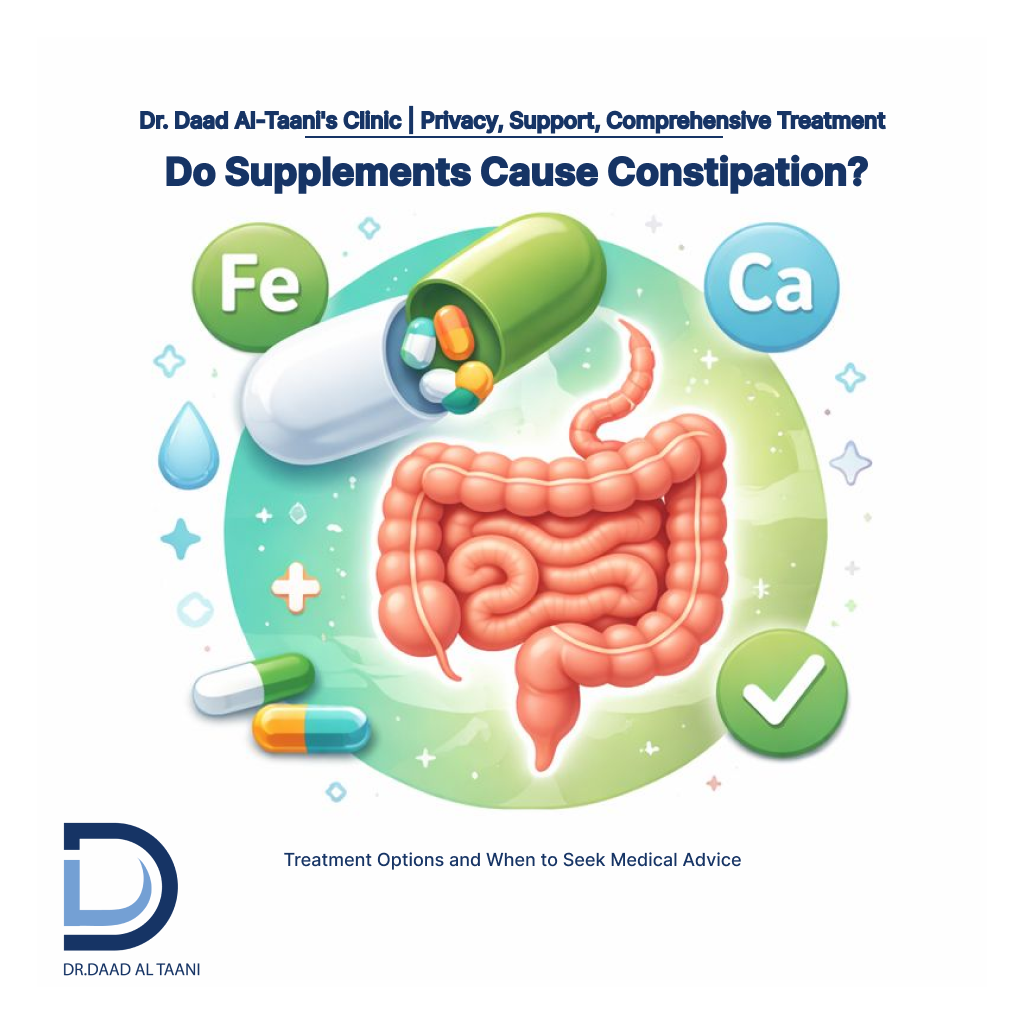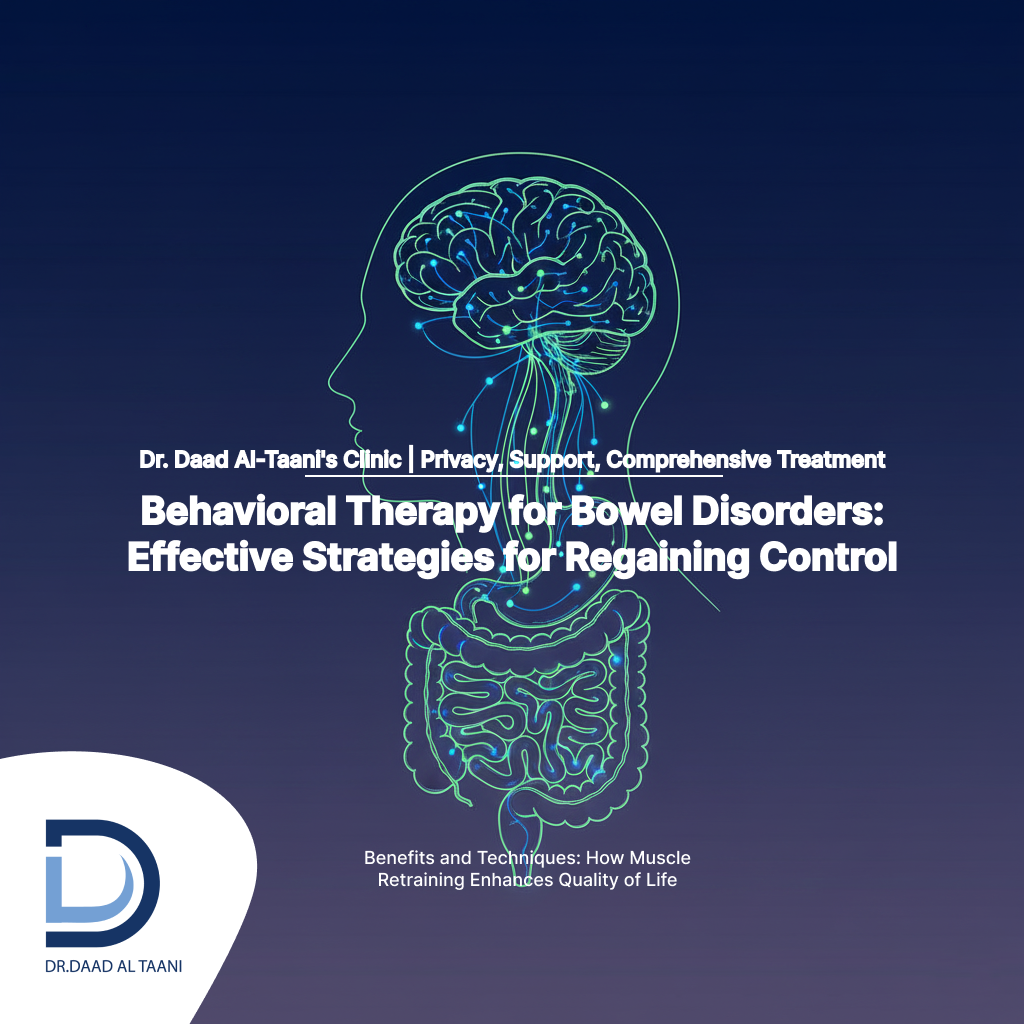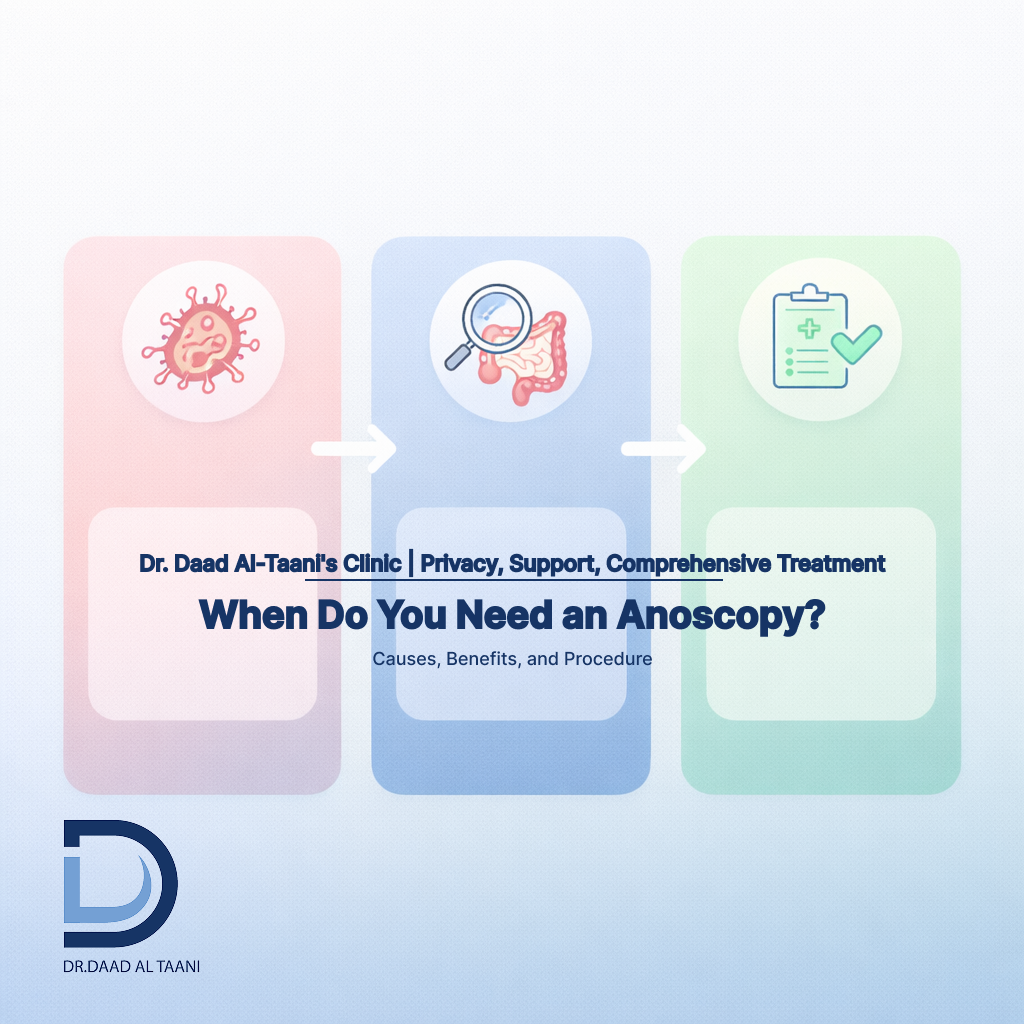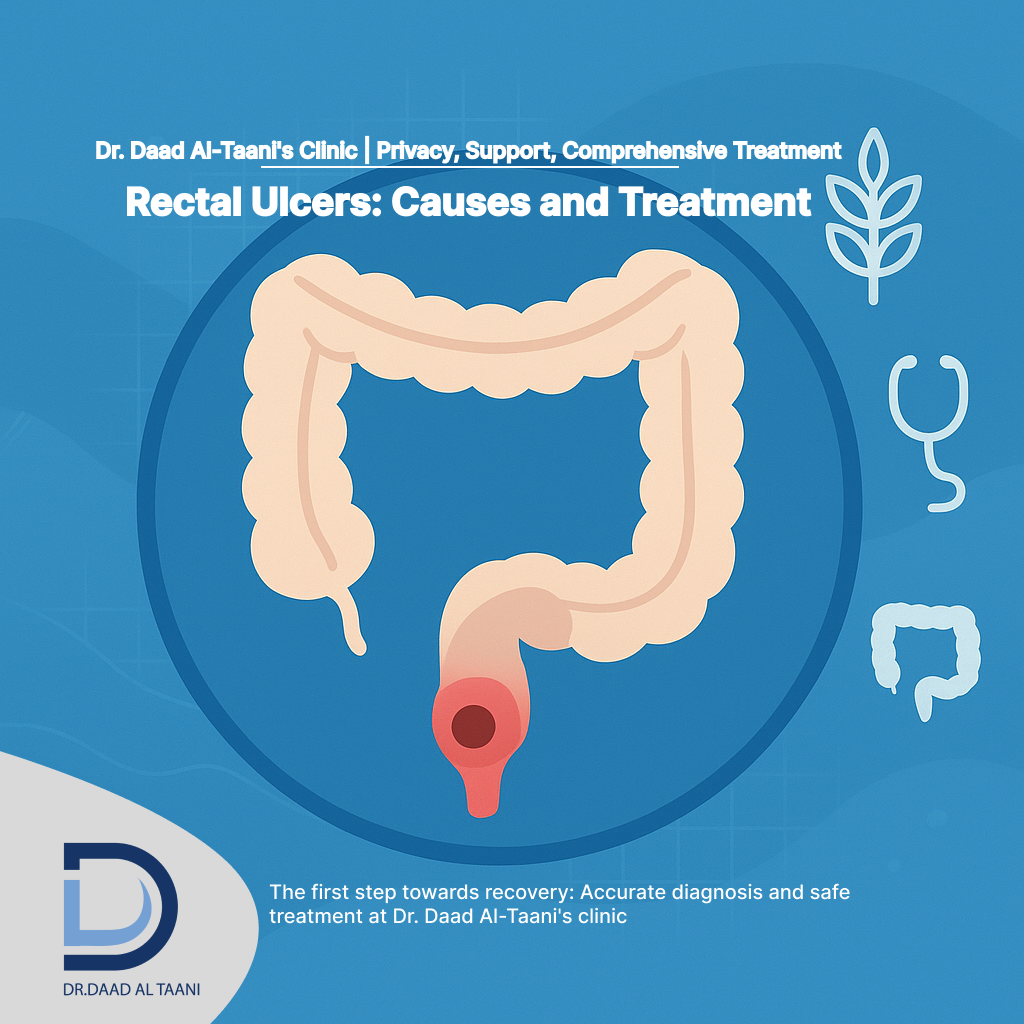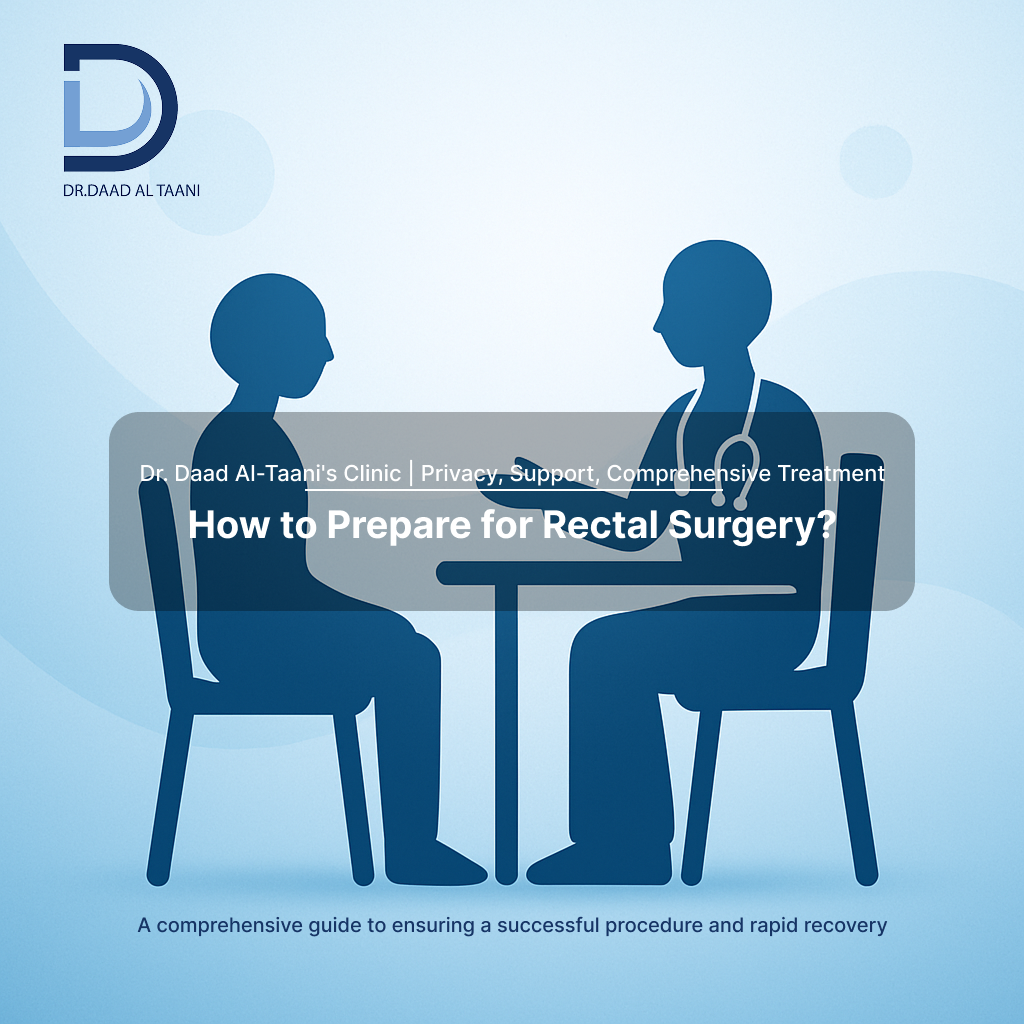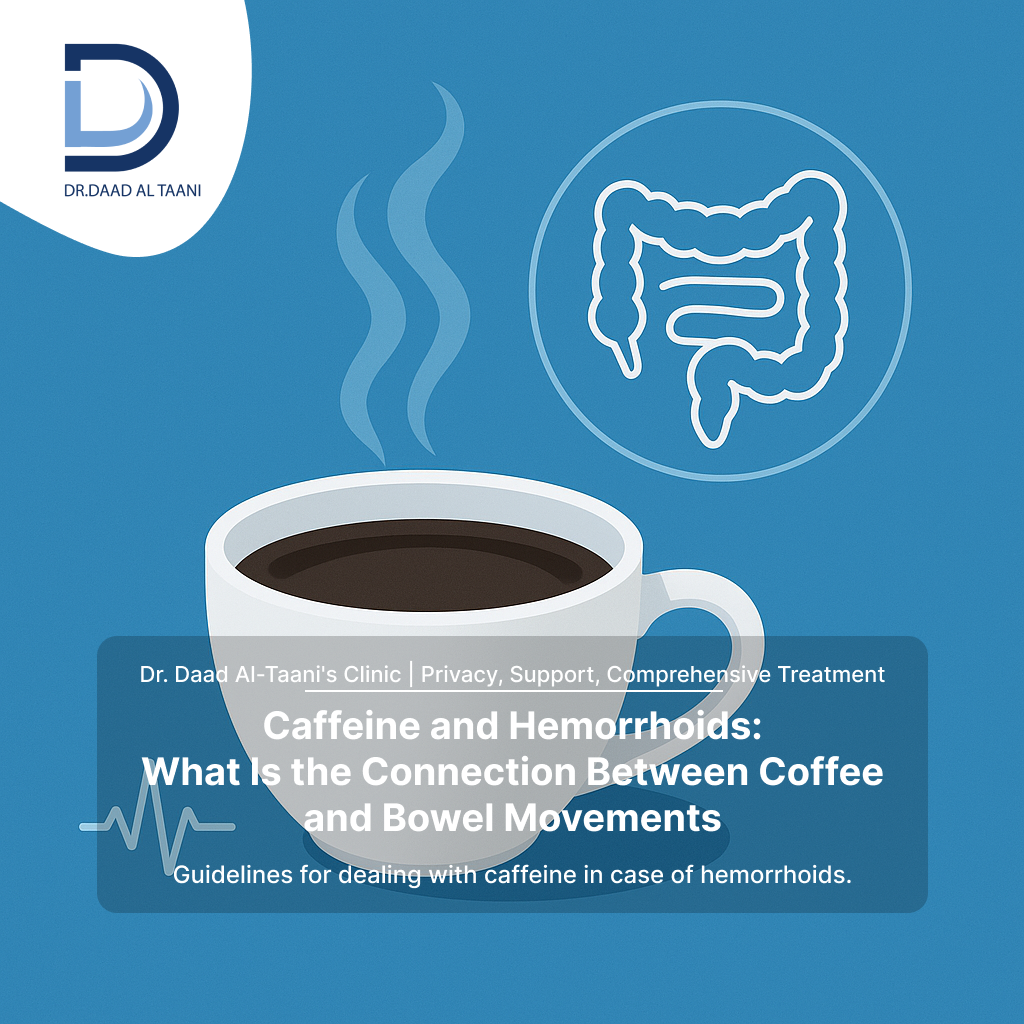When Hemorrhoids Intersect with Liver and Blood Disorders: A Comprehensive Medical Insight
Hemorrhoids are not merely a discomfort caused by an unhealthy lifestyle or a low-fiber diet. In some cases, they are linked to deeper medical conditions, especially in patients with liver diseases and blood Disorders . While physicians typically manage hemorrhoids with conservative treatments or minor procedures, chronic illnesses require a more cautious and precise approach.
Patients with liver cirrhosis or portal hypertension often suffer from increased blood pressure in the rectal veins, accompanied by impaired blood clotting. These conditions significantly raise the risk of bleeding and limit the options for both medical and surgical treatments. Similarly, individuals with hematological disorders—such as severe anemia or inherited bleeding conditions—face additional challenges. Rectal bleeding in these patients can worsen their overall health and reduce the safety of surgical interventions.
The Importance of This Article and the Expertise of Dr. Daad Al Taani in Treating Complex Cases
This article outlines the optimal methods for managing Hemorrhoids in patients with liver diseases and blood Disorders , drawing on the extensive expertise of Dr. Daad Al Taani, a general surgery specialist based in Dubai. Dr. Daad Al Taani has treated numerous complex cases, earning recognition as one of the leading experts in the treatment of hemorrhoids, anal fissures, and anal fistulas. She bases her treatment plans on a thorough and individualized medical assessment to determine the safest and most effective approach for each patient.
The article details various available treatment options, starting with conservative measures such as dietary improvements and topical medications. It also explores advanced techniques, including laser therapy and rubber band ligation. When surgery becomes necessary, Dr. Al Taani ensures meticulous preparation to maximize patient safety.
This article emphasizes the importance of choosing the right physician for sensitive and high-risk cases. Dr. Daad Al Taani applies her deep knowledge and broad experience to deliver the highest standard of care. Her medical team utilizes the latest therapeutic technologies to enhance treatment outcomes and minimize complications. For this reason, many patients across Dubai and the wider region trust her with their most delicate conditions.
To watch exclusive interviews with Dr. Daad Al Taani, please follow our YouTube channel.



